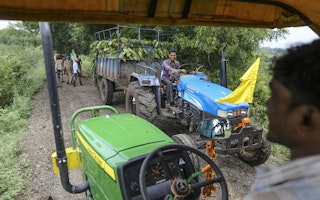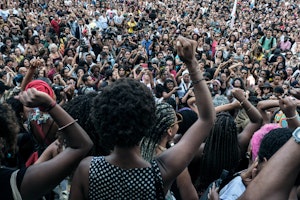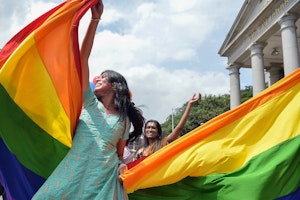Economic Liberalization and Social Consequences in India
In his latest book, Looking Away: Inequality, Prejudice, and Indifference in New India, Harsh Mander argues that since India opened up its economy in the 1990s, its citizens have become increasingly marginalized and society more polarized. In his view, as poverty and homelessness have increased, the state has abandoned its responsibility to the poor, while the middle class now avoids even the basic impulses of sharing.
At the same time, the overwhelming win by the Bharatiya Janata Party in 2014 on the strength of its economically liberal agenda suggests that many in India believe the best way to achieve better government and progress is through relaxed regulation that focuses on innovation and growth.
In a recent lecture, Mander examined issues of inclusion and social inequality and explored the relevance of these debates for other developing countries.
Listen above.


